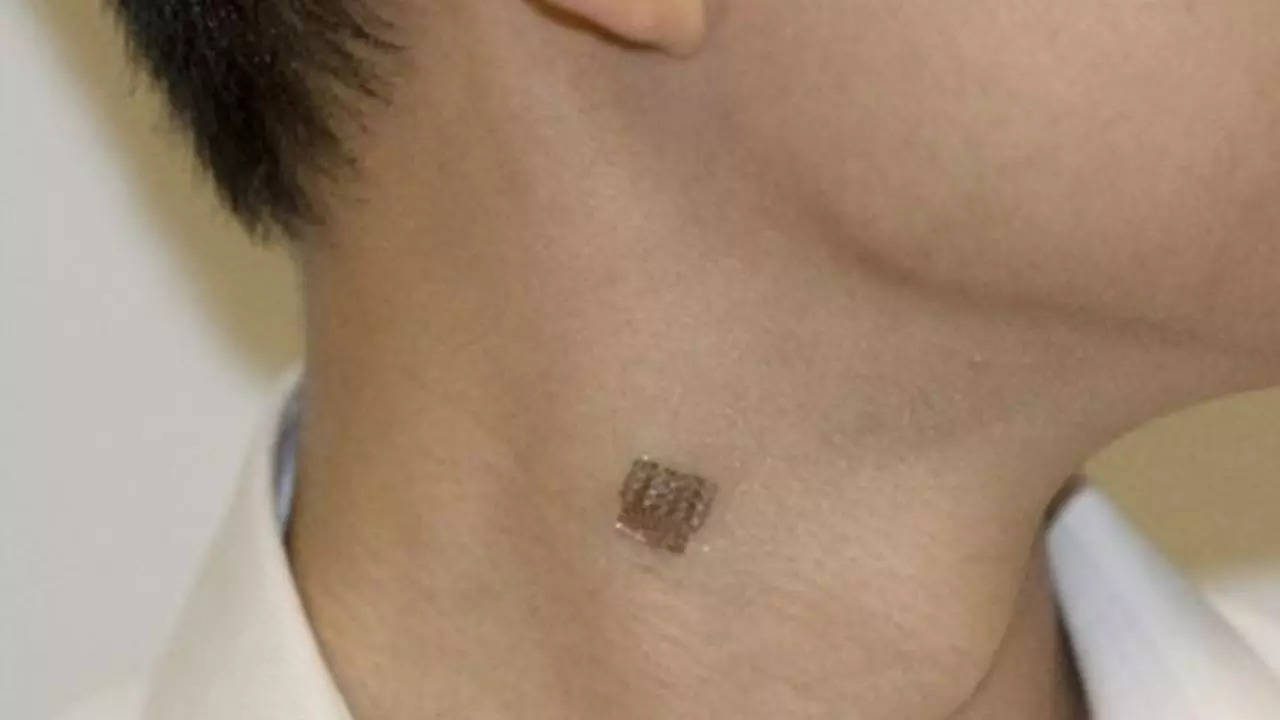Ebony Smith-Thomas was juggling the demands of a hungry 2-month-old boy while keeping her 11-year-old son and two teenage nieces entertained when her air conditioning went out. The humidity of a St. Louis evening in May was too much to bear, so she packed up the kids and drove from the south side of town to her mom's house on the north.
All night, Debbie Thomas-Smith heard her daughter coughing. It was dry, powerful and persistent. In the morning, Debbie told Ebony she needed to see a doctor.
Debbie feared that Ebony might have walking pneumonia. Ebony went to an urgent care facility. Tests showed fluid in her lungs, indicating she might have pneumonia.
To be sure, she was sent to the emergency room. She underwent another X-ray. Then a technician came in with an ultrasound machine.
"What are you doing with that?" Ebony asked. "I just had a child. I'm not pregnant.
" "It's for your heart," the tech told her. The ultrasound revealed that Ebony had peripartum cardiomyopathy , an uncommon form of heart failure. It can happen toward the end of pregnancy or – as in Ebony's case – in the months following delivery.
Heart failure means that the heart is no longer able to efficiently pump blood to the rest of the body. A healthy heart pumps blood, known as the ejection fraction, at between 50% and 70%; heart failure occurs if the ejection fraction is 40% or less. Sometimes people with a higher ejection fraction of 50% or more may have a different type of heart failure.
Ebony's eject.


















